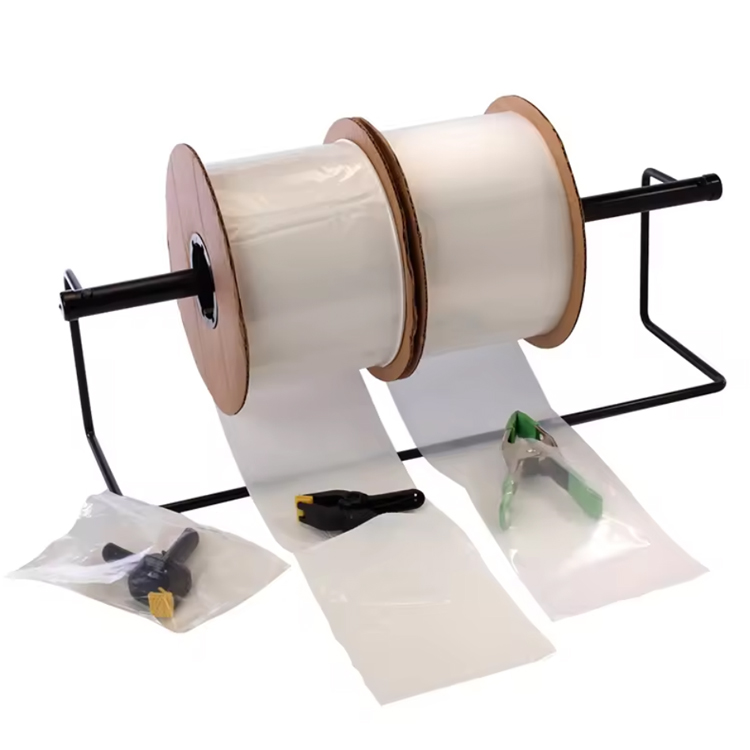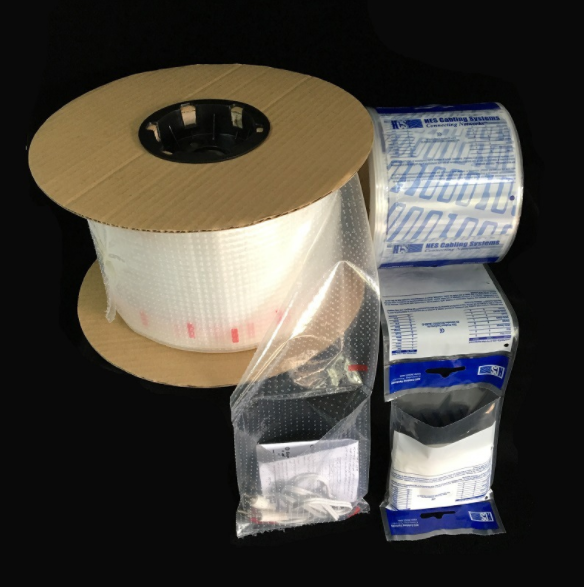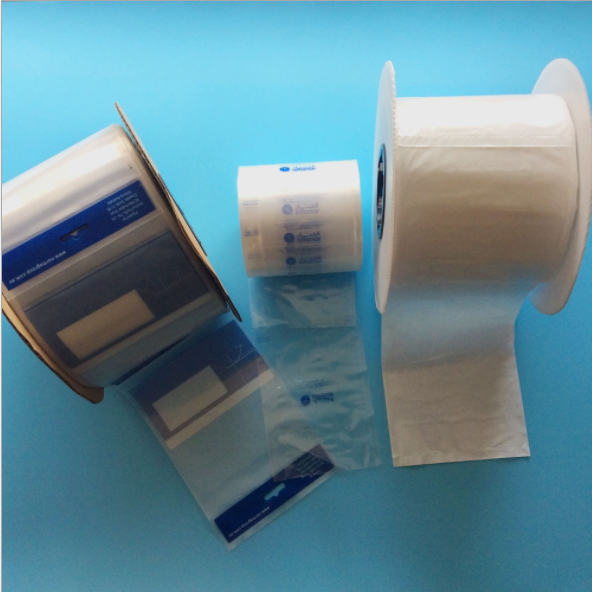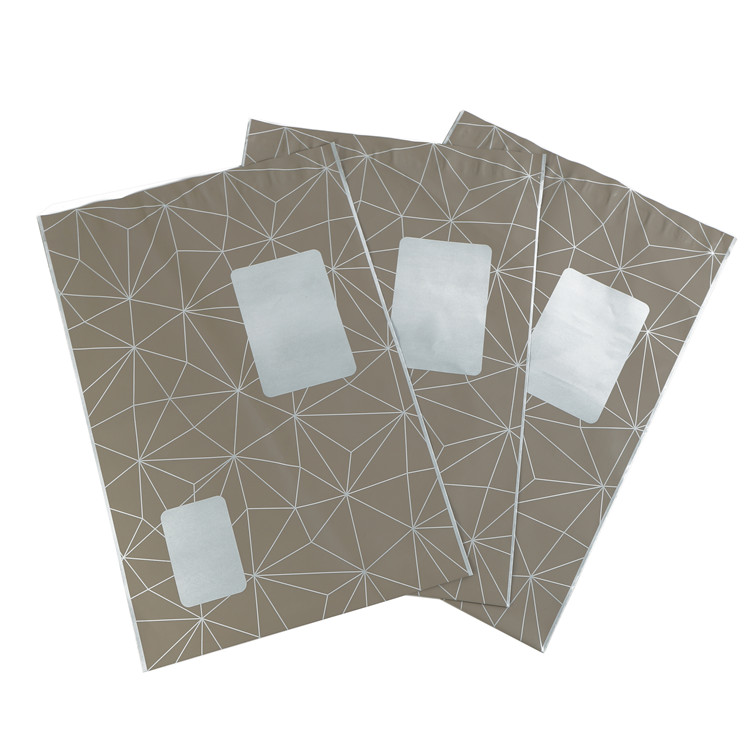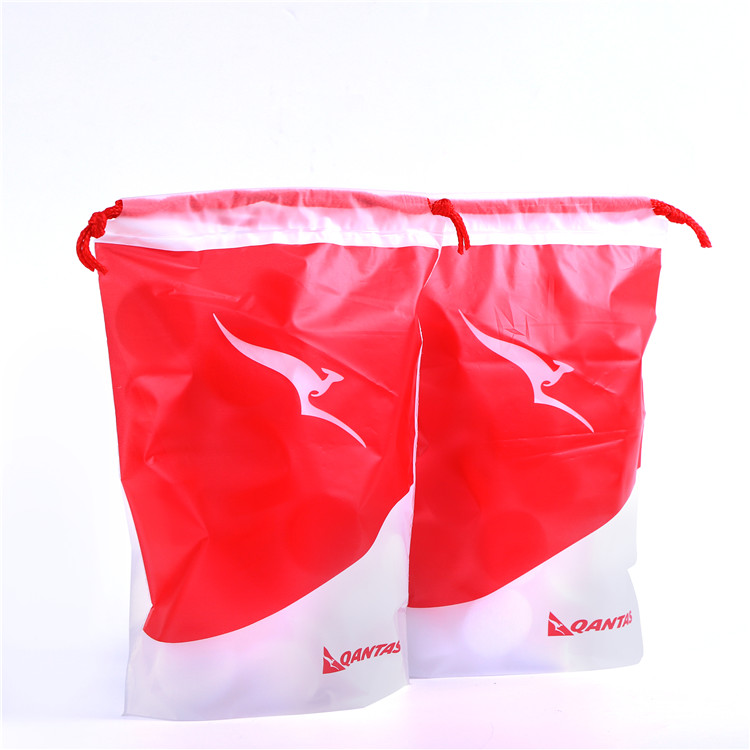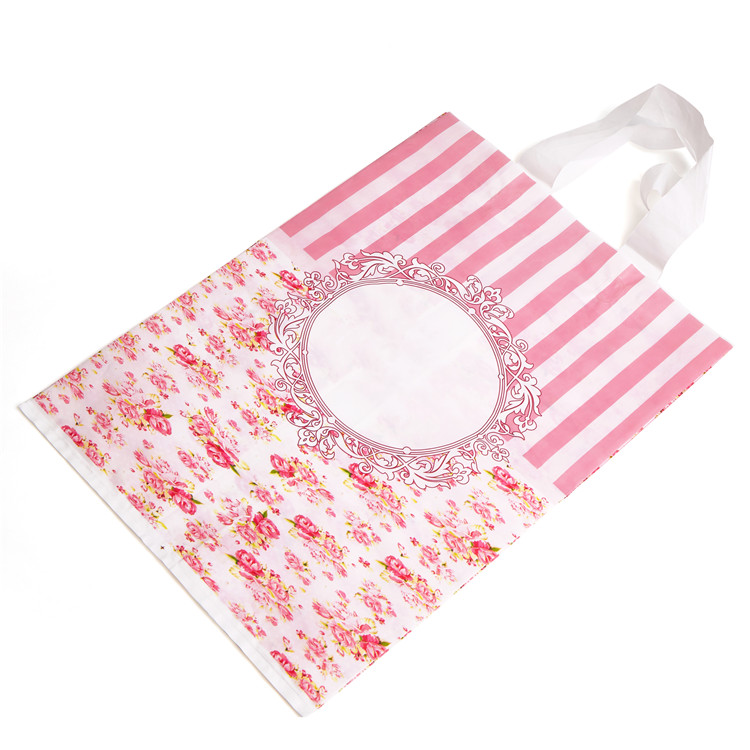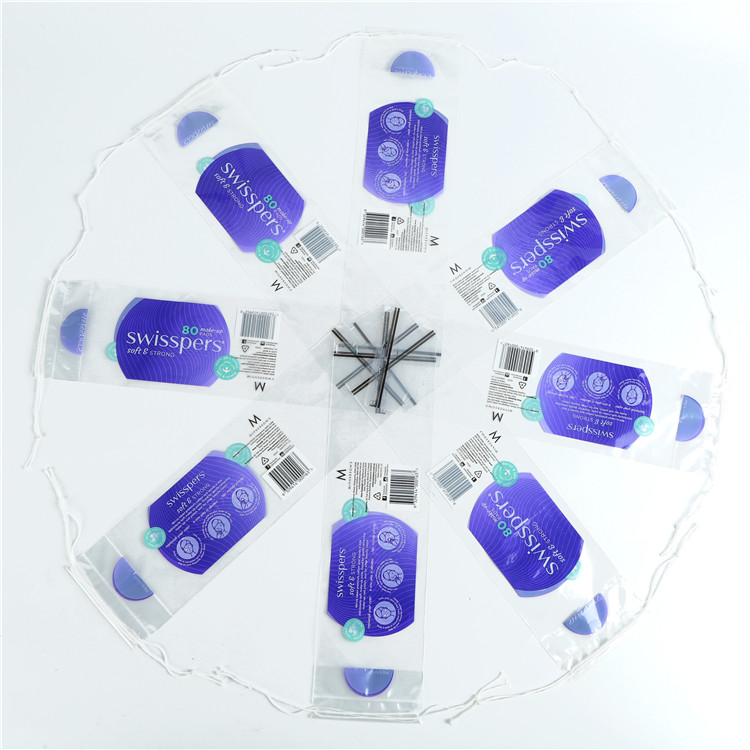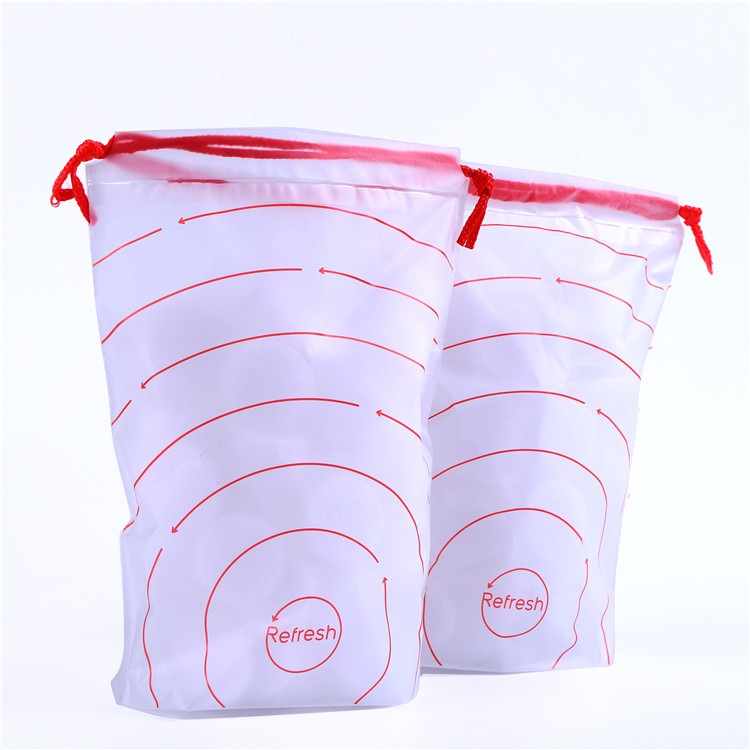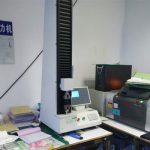
How does QC work?
February 3, 2024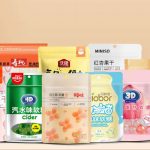
How much do you know about composite bags?
April 3, 2024
How does QC work?
February 3, 2024
How much do you know about composite bags?
April 3, 2024
FDA and Packaging
FDA Introduction
FDA, the full name is Food and Drug Administration,
The FDA is one of the executive agencies established by the Department of Health and Human Services (DHHS) and the Department of Public Health (PHS) in the United States.
As a scientific regulatory agency, the FDA's responsibility is to ensure the safety of food, cosmetics, drugs, biologics, medical devices, and radiation products produced or imported domestically in the United States. It is one of the federal agencies whose main function is to protect consumers.
FDA certified food, drugs, cosmetics, and medical devices are safe and effective for the human body. In nearly a hundred countries, including the United States, only materials, devices, and technologies that have been approved by the FDA can be commercially used in clinical practice.
Why companies must attach importance to exporting to the FDA in the United States?

Automatic detention "is a major measure implemented by the US Food and Drug Administration (FDA) to manage imported food. In short, goods declared as" automatically detained "by the FDA must undergo testing by a US laboratory before being allowed to enter the United States for sale upon arrival at a US port.
Due to the limited number of FDA personnel, it is not possible to conduct batch by batch inspections for imported food, drugs, cosmetics, and other products with large specifications and quantities. Instead, spot checks can only be conducted, with a general sampling rate of 3-5%. If the sampled products pass the spot checks, the batch of products can be released; If the sampled products are found to be unqualified during the inspection, the batch of products will be "detained" and processed. If the problems found during the inspection are general problems (such as trademark unqualified, etc.), the importer can be allowed to handle them locally and release them after passing the inspection again. If the problems found during the inspection are related to hygiene quality, they will not be allowed to be released, or destroyed locally, or transported back to the exporting country (region) by the importer, and cannot be transferred to other countries (regions). In addition to spot checks, there is another measure, that is, for imported products with potential problems, batch by batch inspection must be carried out when entering the country, instead of spot checks. This is the "automatic detention" measure, and the FDA announces the adoption of measures for a certain product
Several modes of FDA differentiation
FDA is usually divided into traditional FDA registration, FDA testing, and FDA evaluation
FDA registration: In order to ensure that manufacturers' products exported to the United States comply with local FDA requirements, companies are required to go through a self declaration guarantee process. In fact, most FDA registrations have not undergone third-party testing, but rather require companies to provide their own guarantees.
FDA testing: FDA testing refers more to safety testing of food contact materials, biocompatibility testing of medical products, clinical safety testing, etc.
FDA evaluation: Taking cosmetics as an example, it mainly evaluates the packaging and ingredient descriptions.


